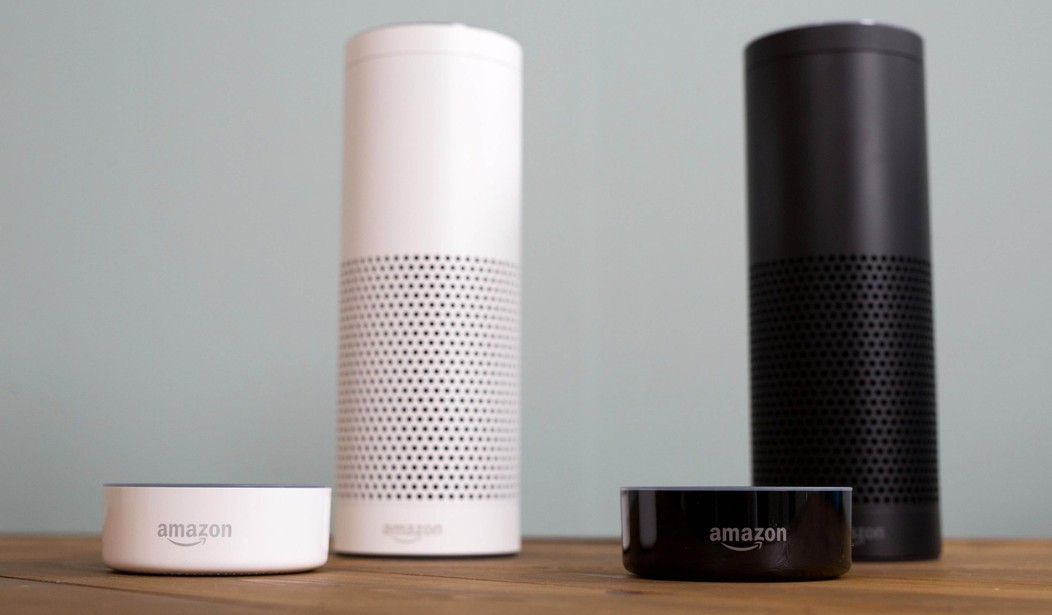The ongoing technology and privacy debate seems to get new fodder every week now. It even came up at a Christmas Eve gathering I attended. Most of us were still in the phase where our fascination with ever-evolving tech outweighs our concerns about how creepy the tech might get. Like, “having your private Vegas moments hacked” creepy.
Law enforcement people are obviously happy with whatever new surveillance methods might help them and the Amazon Echo is making its partial debut in a murder investigation.
Amazon’s Echo devices and its virtual assistant are meant to help find answers by listening for your voice commands. However, police in Arkansas want to know if one of the gadgets overheard something that can help with a murder case. According to The Information, authorities in Bentonville issued a warrant for Amazon to hand over any audio or records from an Echo belonging to James Andrew Bates. Bates is set to go to trial for first-degree murder for the death of Victor Collins next year.
Amazon declined to give police any of the information that the Echo logged on its servers, but it did hand over Bates’ account details and purchases. Police say they were able to pull data off of the speaker, but it’s unclear what info they were able to access. Due to the so-called always on nature of the connected device, the authorities are after any audio the speaker may have picked up that night. Sure, the Echo is activated by certain words, but it’s not uncommon for the IoT gadget to be alerted to listen by accident.
Police say Bates had several other smart home devices, including a water meter. That piece of tech shows that 140 gallons of water were used between 1AM and 3AM the night Collins was found dead in Bates’ hot tub. Investigators allege the water was used to wash away evidence of what happened off of the patio. The examination of the water meter and the request for stored Echo information raises a bigger question about privacy. At a time when we have any number of devices tracking and automating our habits at home, should that information be used against us in criminal cases?
Bates’ attorney argues that it shouldn’t. “You have an expectation of privacy in your home, and I have a big problem that law enforcement can use the technology that advances our quality of life against us,”
While almost everyone would agree that one has a right to privacy in one’s home, I’m sure an equal number of people would agree that one has a right to not be murdered in anyone’s home. If one is, it would certainly be nice if the police could figured out who offed one.
Our addiction to smart devices has now led us to the point where we can have smart homes that do all kinds of things that many of us have wanted technology to do for us since we first saw an episode of “The Jetsons.” Those devices only become smart if they learn things about us, however. Our preferences are being laid bare in the name of convenience. The other side to this is that our peccadilloes or even major indiscretions may “accidentally” become part of the permanent record. It is only logical that those tasked with solving heinous crimes would want access to such information.
As long as Apple, Amazon and other tech companies can say no to turning over everything, the privacy-first people will be happiest. My suspicion is that we are all probably privacy-first people until something awful happens to someone we love, at which point we want justice and become big fans of letting investigators have access to everything.
That probably means that this will all remain a very gray area for a very long time. We also still have the option of not surrounding ourselves with smart devices if we’re that concerned about privacy. That’s an option that’s difficult for a lot of us to take now that we’ve gotten used to the important things in life, like streamlining the pizza-ordering process.










Join the conversation as a VIP Member